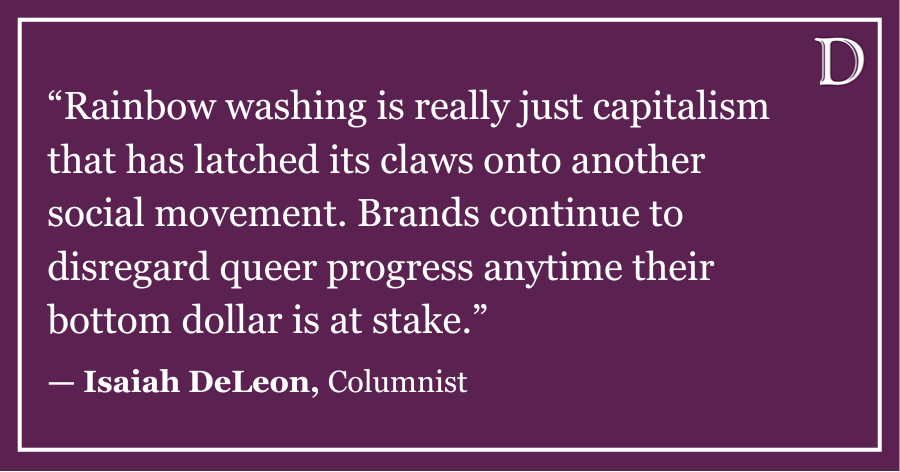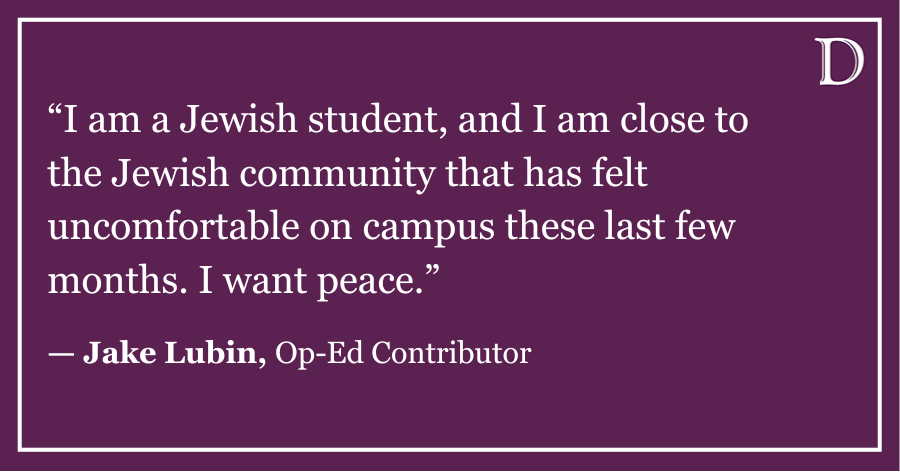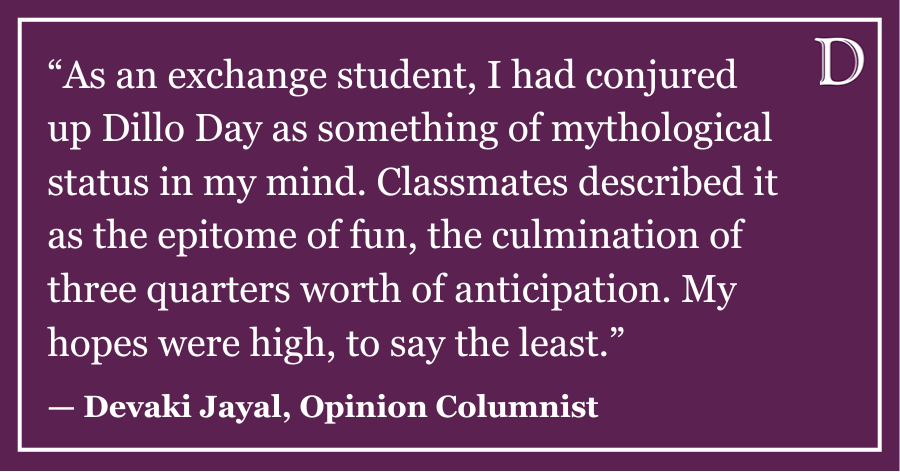It seemed like the perfect apocalypse with enslaving attention, creating mass hysteria and evoking destruction, all from the frustration of a pixelated little yellow bird.
Remember when Flappy Bird halted humanity?
The game, which was released last May, began to gain popularity in November and topped the app store’s game rankings in January.
Flappy Bird exceeded the fervor surrounding games like Candy Crush and Temple Run and the server-crashing mania that arose from Draw Something (remember that?). The smartphone world was so embroiled in its hatred for that wretched bird that the game’s creator, Dong Nguyen of Vietnam, was pushed to the point of removing the app Sunday because it became so addictive and ruined his “simple life.”
But was Flappy Bird really such a bad thing? It may sound strange, but I’m proud of the fact that the game gained so much popularity – and frankly I’m a bit disappointed that it (or at least the opportunity to download it) has left us. Here’s why:
Flappy Bird is an example of the first time a mainstream mobile app has presented us with something difficult. It wasn’t another game that everyone could just fly through, no pun intended … okay, maybe the pun was intended.
The complaining about how hard it was and the videos of people destroying their phones after playing the game never ceased, and the frustration gained popularity and kept bringing people back. Flappy Bird taught us something that games of its kind haven’t before: that a challenge can be fun, and we can improve through trying again and again.
This brings me back to why I was proud of Flappy Bird’s popularity. It proved to me that beneath all the fervor, we finally saw people having fun doing something really hard.
While the game was criticized for lacking complexity and sharing visual similarities with Nintendo’s games, these factors didn’t contribute to its downfall. The wide-scale attention and negative reactions the game received for its difficulty revealed that we remain uncomfortable with challenges, seen through the multitude of “therapy” Flappy Bird parody games that turned the game into a mindlessly easy task.
People may see this as just a silly game or even a dumb topic to be talking about, but in a world where many of us try to get by in the easiest possible way, Flappy Bird showed that at even the most insignificant level, true achievement is challenging and rewarding. Many will scoff at the naivete of people who obsessed over trying to get a higher score. Think of it from a larger perspective — greater challenges in life won’t be won easily.
It takes working hard, persevering and really obsessing to solve problems. This is clearly something we know, but Flappy Bird reminds us of its truth on any scale.
The privilege that was Flappy Bird swept people away with its difficulty and united us in an intense pursuit of self improvement. It would therefore only be right to honor its legacy through continuing that pursuit. If you fail, just remember to flap and flap again.
Naib Mian is a Medill freshman. He can be reached at [email protected]. If you want to respond publicly to this column, send a Letter to the Editor to [email protected].























